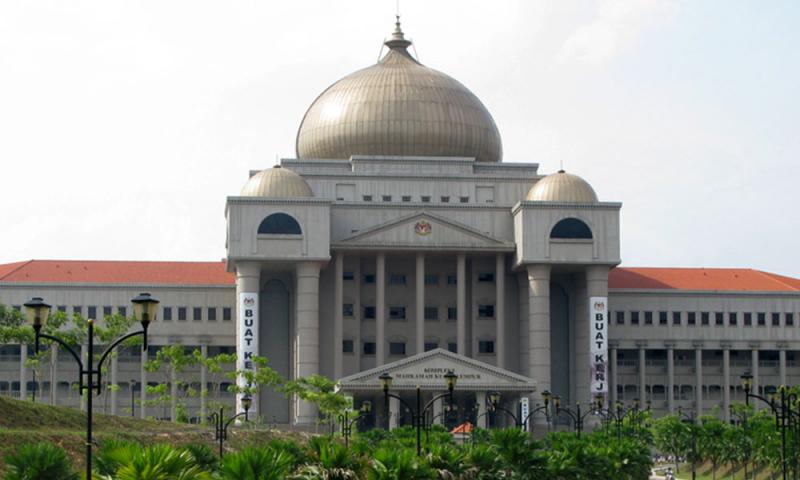
Court strikes down two provisions in Extradition Act
Two Perak businesspersons wanted by the United States government succeeded in obtaining a Malaysian court order declaring two provisions in the Extradition Act 1992 as constitutionally invalid.
The Kuala Lumpur High Court today made this ruling over an originating summons by Ling Yang Ching and Wong Ong Hua, who are sought by the US Department of Justice in its investigation into a hacking syndicate.
When contacted, the two men’s counsel Malik Imtiaz Sarwar confirmed the verdict by judge Wan Ahmad Farid Wan Salleh.
The duo’s co-counsel Tey Jun Ren also confirmed the ruling, adding that they would use today’s verdict to strengthen their bid to challenge pending extradition proceedings before the Kuala Lumpur Sessions Court. Both men are currently out on bail.
The US government is seeking them to face charges for alleged masterminding of a global hacking operation for identity theft and planting of ransomware, as well as purported intelligence gathering on Hong Kong activists, among other purported activities.
During online proceedings earlier today, Wan Ahmad Farid ruled that Sections 4 and 20 of the Extradition Act contravened a constitutional provision on the power of the Malaysian courts per Article 121(1) of the Federal Constitution.
The judge said the two sections in the Act gave the executive arm of government, via the home minister, power to direct the judiciary, in the form of the Sessions Court, in relation to extradition orders.
Section 4 is about the home minister’s power to direct the extradition of a suspect to a requesting foreign country to face criminal charges. Section 20 states that a court is to ensure a suspect’s detention, pending the ministerial order.
“Sections 4 and 20 of the Extradition Act 1992 are unconstitutional, null, void and of no effect as they are in contravention of Article 121(1),” Wan Ahmad Farid said.
He declared that the two provisions violated the fundamental rights of Ling and Wong, namely the right to due legal process, equality before the law, and a prohibition against banishment.
Originating summons
Last year, Ling and Wong filed an originating summons asking the High Court to determine several constitutional questions on the validity of the extradition laws.
On Sept 14, 2020, the duo was detained by the police, following the US government’s application for their extradition. The extradition proceedings before the Sessions Court will come up for mention on Feb 10.
Last year before the High Court, the duo filed the originating summons seeking a judicial determination on the constitutional validity of Malaysia’s extradition law.
Through their High Court bid, Ling and Wong claimed that both provisions of the Act violated fundamental liberties enshrined in the Federal Constitution, which is the supreme law of Malaysia.
Khoo Suk Chyi is also part of the legal team acting for Ling and Wong.
Senior federal counsel Shamsul Bolhassan represented the Malaysian government.
It is clear that the spirit of the Extradition Act is for Extradition to be a judgment for the Court to make.
ReplyDeleteThe sections of the Extradition Act empowering the Minister to administratively order the the extradition, and the courts to be mere facilitators of the process clearly violates the spirit of the act, as well as the constitutional clause stating that no one shall be deprived of their freedom except through process of law, basically through a court process.